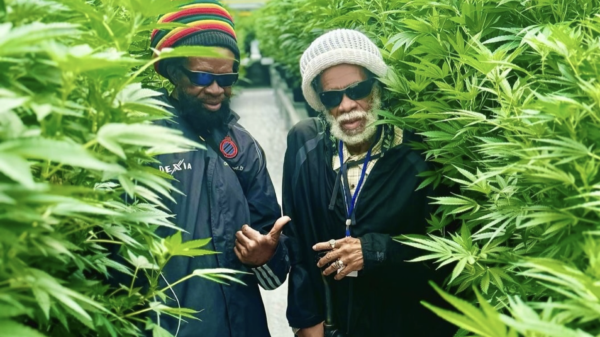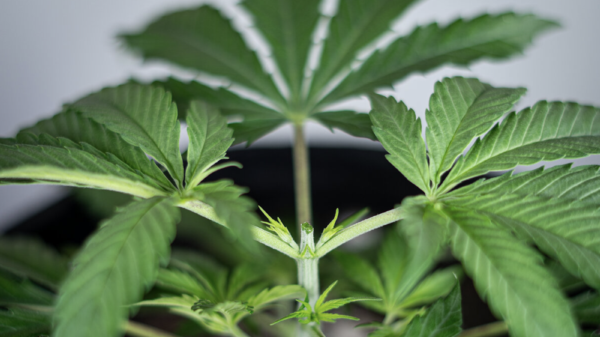New Zealand could join Uruguay and Canada as the third country in the world to fully legalize cannabis with a proposed referendum for legal pot added to the ballot for the federal election in 2020.
The small island nation maybe looking to the Great White North as a model of legalization for recreational cannabis, after Canada became the first industrialized country in the world to take on the bold experiment last year. The legislation would allow adults 20 and over, to use, possess, cultivate and sell cannabis, while a ban on advertising would be in place. The proposal would also allow for designated social spaces to consume marijuana, and allow a limited number of plants to be grown at home.
With more than 20 countries around the world decriminalizing pot, or legalizing for medical purposes—including Portugal, Netherlands and South Africa—most countries have been hesitant on the recreational side because of the social stigma attached to everyday users getting high.
New Zealand’s Justice Minister Andrew Little confirmed in a press release the voter’s decision on the referendum will be binding, meaning the incoming government would be compelled to enact the voter’s will into law. But political scientists point out one big wrinkle in the vote is it technically would not be binding, meaning that the next government that forms could opt out. The current coalition government, however, have pledged to enact the bill should the referendum be successful.
A poll released in January found 60 per cent of New Zealanders are in favor of the referendum to legalize cannabis. While only 24 per cent of respondents opposed the policy and 16 per cent were undecided.
Tiny New Zealand may set big precedent
With less than five million people, New Zealand won’t be a significant market for the global cannabis industry. However, as more countries look at legalizing marijuana, the small nation could set a large precedent for other countries with higher populations looking to draft legislation.
There are lessons along the way and it’s a big reason few places want to be the first movers. In Canada, for instance, supply shortages have had the biggest impact on the legal industry, and issues with testing for impairment has put challenges on policing as well. In the U.S., legalization of hemp but not cannabis has caused confusion and put people into legal predicaments because it’s hard to tell the difference between the two.
New Zealand may learn and prepare from the mistakes other countries have made with legalizing cannabis, and its own failures could help future countries develop even better models for legalizing cannabis. Legal weed could take several years to get to the island nation, but now that Canada is more than seven months into its brave test without any catastrophe, countries may be taking note that legalizing cannabis may not be as detrimental as once feared.














